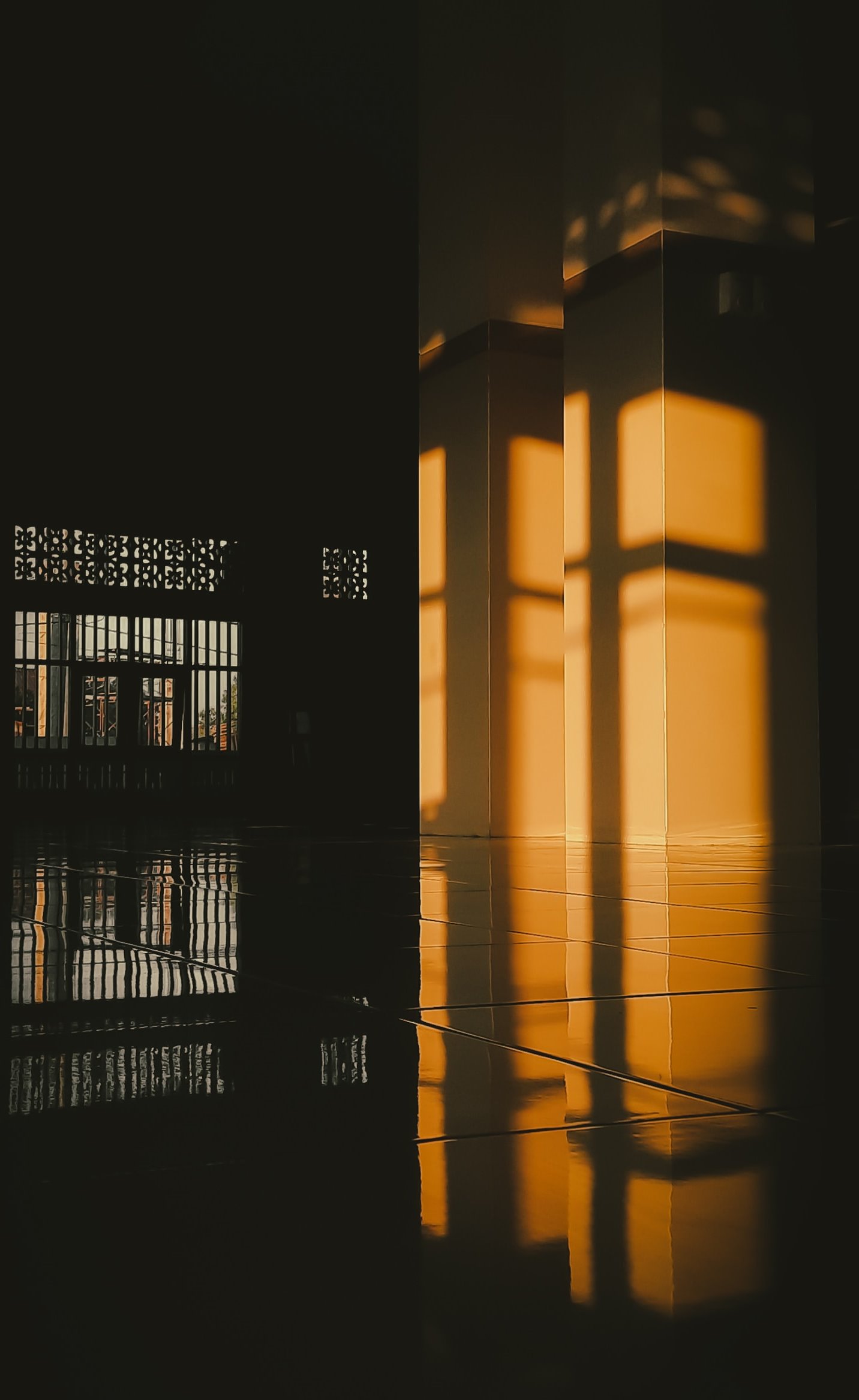Yes, Welcome to the Intention Economy of Islam.
When most people think of Islam, they imagine long prayers, fasting during Ramadan, and maybe a trip to Mecca. What they don’t expect is that even brushing your teeth, taking a nap, or grabbing lunch can be considered a form of worship.
Yes, really. Because in Islam, it’s not just what you do—but why you do it.
🧭 The Power of Niyyah: Intention Is Everything
There’s a famous hadith (saying of the Prophet Muhammad ﷺ) that Muslims learn early in life:
“Actions are judged by intentions, and every person will get what they intended.” – Sahih Bukhari & Muslim
In other words, Islam runs on spiritual motive tracking. You could donate a million dollars, but if it’s just for show? No spiritual reward. Meanwhile, if you work a regular 9-to-5 job with the intention of feeding your family and staying independent? That’s considered worship.
🍽️ Eating as Worship? Yep.
Before eating, a Muslim might say “Bismillah” (In the name of God). That small phrase + intention turns a simple meal into an act of gratitude and mindfulness. Who knew spiritual enlightenment could start with lunch?
😴 Sleep Like a Saint
Sleep, in Islam, is not just recovery—it’s strategic. If you go to bed thinking, “I need to rest so I can wake up for morning prayer and be productive tomorrow,” congrats! You just earned reward points while snoring.
🧼 Even Hygiene Gets Holy
Using the miswak (a natural toothbrush), clipping nails, wearing perfume, or keeping clothes clean—all are emphasized in Islam. Not just for looking good, but as acts of spiritual discipline. So yes, personal hygiene is part of a divine checklist.
🧘 Life, But Make It Meaningful
This idea—that intention transforms the ordinary into the sacred—isn’t just a quirky religious hack. It’s a profound spiritual principle: you can live a deeply God-conscious life without living in a cave or monastery.
In a world obsessed with doing, Islam reminds us to focus on why we do.
So next time you see a Muslim quietly eating, working, or brushing their teeth… know they might just be doing it for God.
And no, they’re not gaming the system—they’re just living with purpose.


